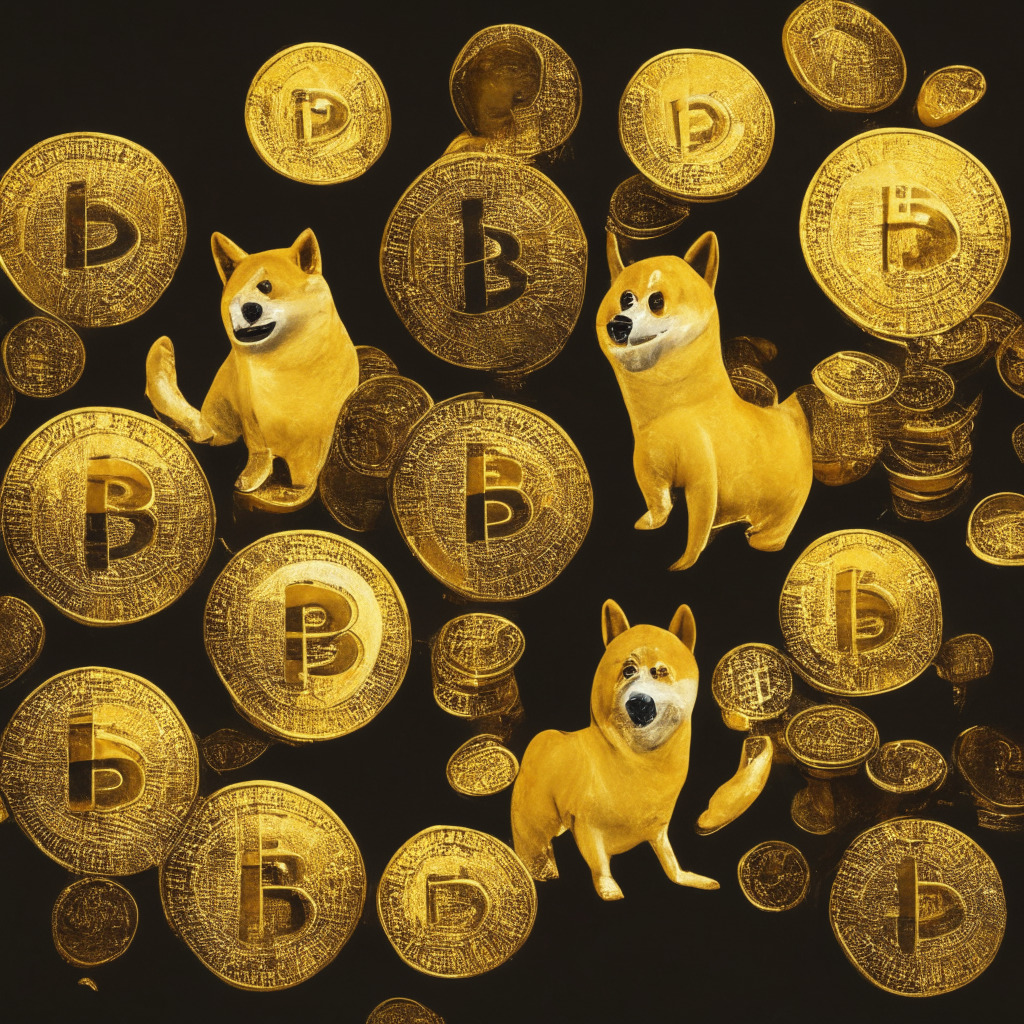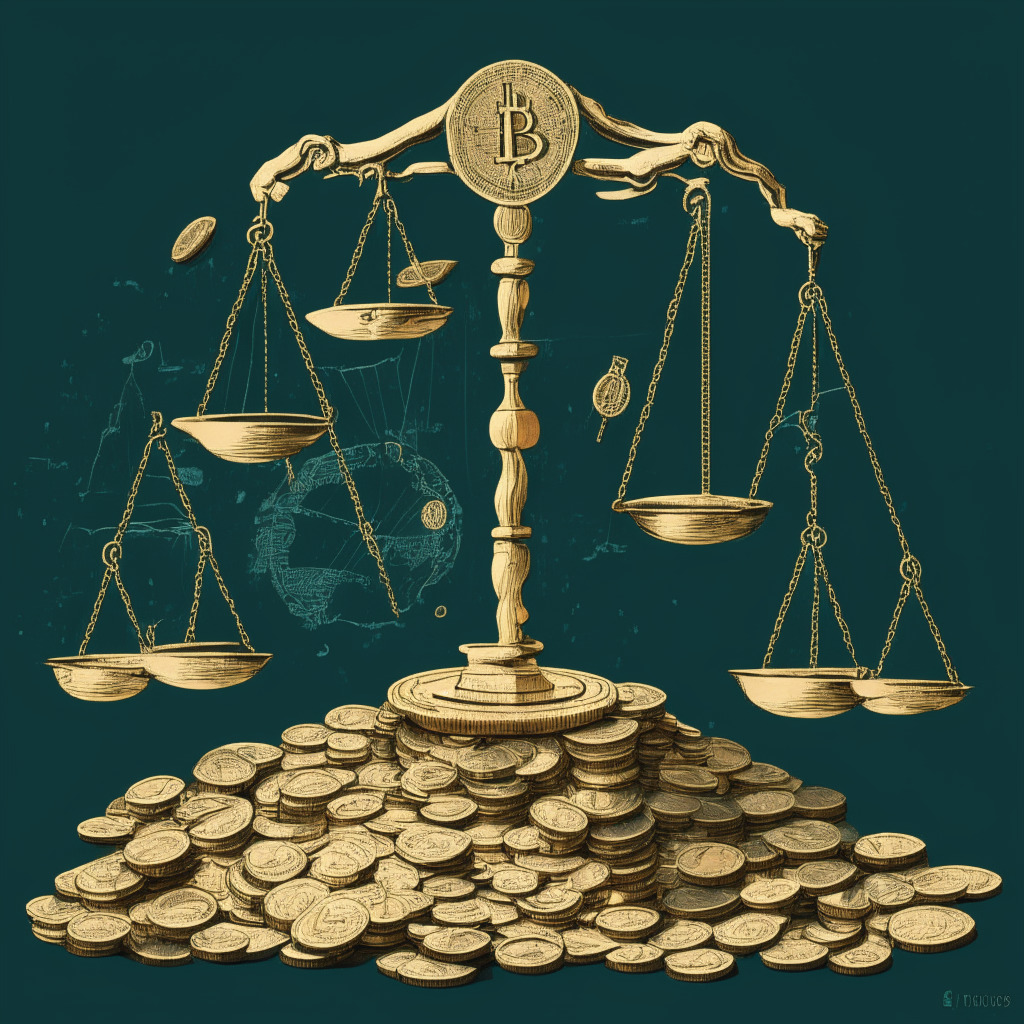In what can only be described as a digital gold rush, the advent of PayPal‘s new stablecoin, known as PYUSD, has spearheaded a wave of counterfeit tokens. In less than 16 hours of its launch, close to 30 imitation tokens dubbed “PYUSD” made their appearance, in a clear attempt to capitalize on the hype.
The imposter PYUSD tokens were minted across multiple chains, including the Binance Smart Chain, Ethereum, and Coinbases’ newest layer 2 Base. To clarify, the authentic PayPal USD token was established back in November last year.
PayPal has clarified that its PYUSD can solely be transferred between verified PayPal and compatible wallets. This puts into question the legitimacy of all tokens sporting the same ticker on decentralized exchange platforms like Uniswap. One fake PYUSD token, constructed on Ethereum, reported a staggering $2.6 million in trading volume within minutes of its initialization.
However, it’s not all bad news. At least one counterfeit token has chosen to approach the situation with jest. Named “PepeYieldUnibotSatoshiDoge,” this token has grown by over 3,000% within the last 4 hours.
Nonetheless, it’s essential for investors to tread with caution. Many of these look-alike PYUSD tokens are likely to be “honeypots” — a trap laid for unsuspecting investors. Once purchased, the holder finds they can’t sell it. The realization of loss only comes when they attempt to divest their holdings.
Crypto investors must cultivate fundamental due diligence. The trend of minting new tokens based on trending developments is not a new fad. Recently, on August 3rd, anonymous developers produced an “LK-99” token to exploit the superconductor frenzy. Just a week before that, over 50 UFO-themed memecoins surfaced during the United States’ Congress hearing about allegations of a cover-up of alien visitations to Earth by the U.S. government.
In summary, while the launch of PayPal’s PYUSD has induced a wave of counterfeit tokens, potential investors are warned to proceed carefully. The inherent appeal of making quick profits mustn’t overshadow essential research practices. Ultimately, while the blockchain world is thrilling, the shadows it casts can be equally hazardous.
Source: Cointelegraph




